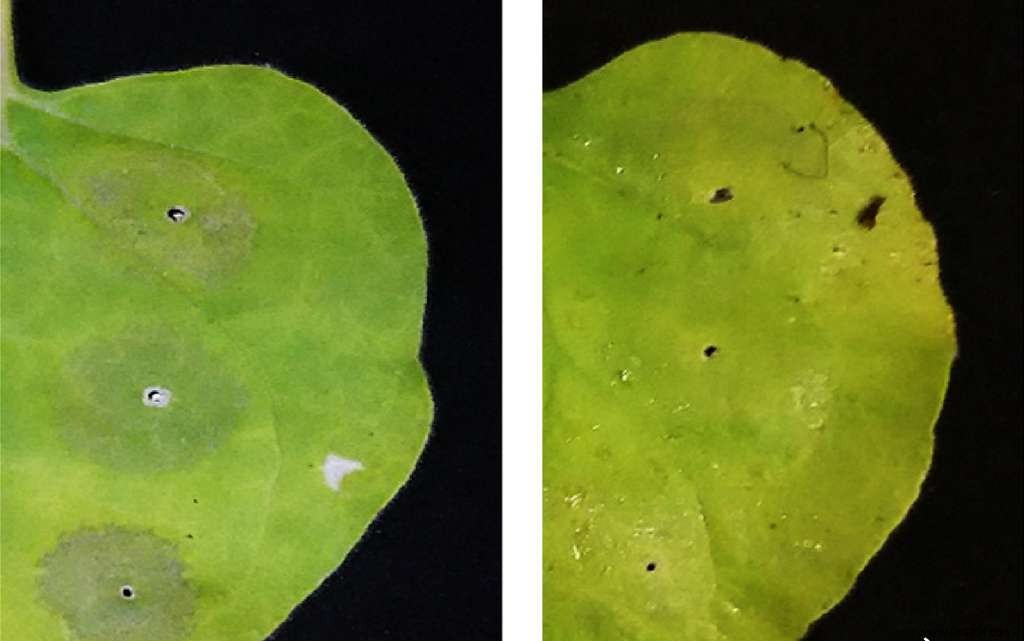Molecular farming holds immense promise for producing pharmaceuticals in plants, but yields have historically been too low for commercial viability. Now, researchers from Japan's University of Tsukuba have dramatically improved this by threefold—using a simple spray of vitamin C on plant leaves.
Molecular farming leverages transgenic plants to produce high-value pharmaceutical molecules, such as drugs and vaccines. This approach offers significant advantages over traditional chemical or microbial synthesis, including lower costs and scalability on large agricultural plots. However, current yields remain a challenge: dry plant cell mass is about ten times lower than from bacteria and three times lower than from yeasts.
Published in Plant Physiology on February 26, 2021, a study from the University of Tsukuba reveals a cost-effective solution: foliar spraying with ascorbic acid (vitamin C), a well-known antioxidant. The research targeted Nicotiana benthamiana, a tobacco species native to Australia, prized in molecular farming for its robust expression of foreign genes and ease of greenhouse cultivation.

The team employed agro-infiltration, using Agrobacterium to deliver plasmids that express target genes in plant cells. A key hurdle is that high-level expression of foreign proteins often triggers leaf dehydration and premature cell death.
Vitamin C counters these effects by preventing cell death and reducing protein degradation, resulting in significantly higher yields. Importantly, it preserves the proteins' immunological properties. The study achieved three times the normal yield across various recombinant proteins, including functional antibodies, with potential for even greater improvements.
This breakthrough offers real hope for advancing molecular farming toward practical, large-scale pharmaceutical production.